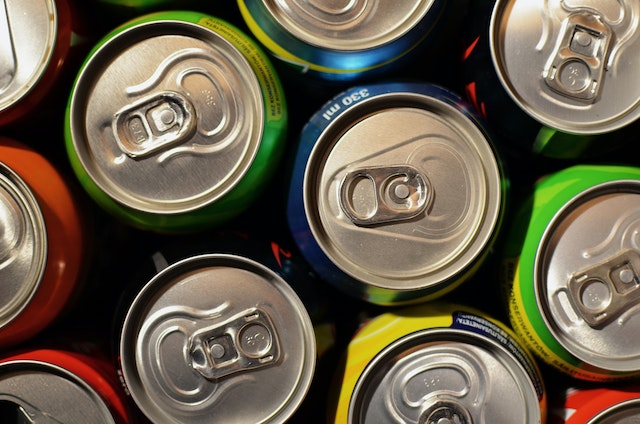The World Health Organization (WHO) is set to designate aspartame, a commonly used sweetener in low-calorie fizzy drinks like Diet Coke, as a potential cancer risk. According to insiders, the International Agency for Research on Cancer (IARC), the cancer research unit of WHO, will officially classify aspartame as a “possible carcinogen” starting from July.
Aspartame is found in various products in Australia, including carbonated beverages like Diet Coke, yoghurt, and chewing gum. The IARC’s ruling, finalised during a recent meeting of external experts, aims to evaluate whether a substance presents a potential hazard based on available published evidence. It does not consider the safe consumption levels of a product.
The official release of the findings is scheduled for July, when the WHO’s International Agency for Research on Cancer will take the first crucial step in understanding the potential carcinogenicity of this common ingredient. Additionally, the WHO’s expert committee on food additives, known as JECFA, will issue separate guidelines on the safe consumption levels of aspartame.
Both decisions are expected to be announced on July 14, according to reliable sources.
This development follows the WHO’s earlier guidelines advising against the consumption of sugar-free sweeteners for weight loss, as these chemicals may increase the risk of heart disease and type 2 diabetes.
Aspartame has been deemed safe for consumption within daily limits by JECFA since 1981. Extensive research has been conducted over the years, with a study in the previous year indicating a slightly higher cancer risk among individuals who consume larger quantities of sweeteners, including aspartame.
While concerns have been raised about the potential links between this sugar-free alternative and cancer, weight gain, obesity, type 2 diabetes, or cardiovascular problems, governmental food regulators have consistently affirmed the safety of artificial sweeteners, as stated by NSW Health.


![5 Reasons You Should Travel Alone Airplane [image source: chau nguyen/ http://thedevilhatessweatpants.blogspot.com.au ], crowd ink, crowdink, crowdink.com, crowdink.com.au](https://crowdink.com/wp-content/uploads/2016/08/Chau-airplane-218x150.jpg)





























